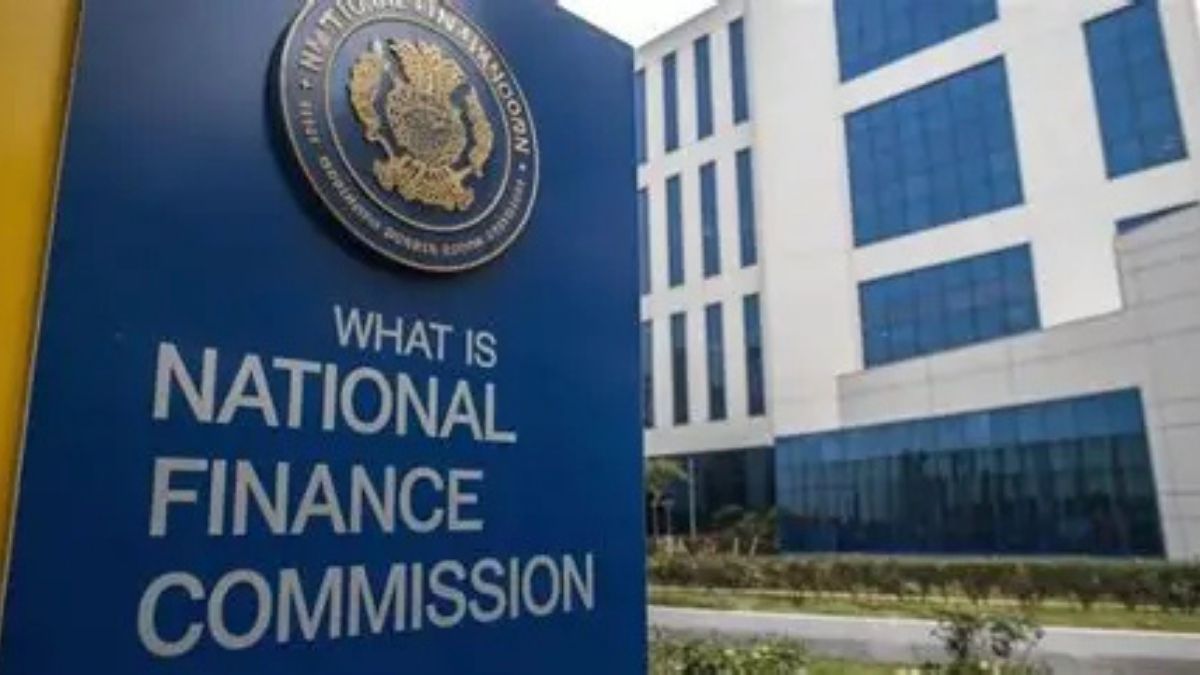The National Finance Commission plays a crucial role in determining how federal resources are distributed across Pakistan’s provinces. This constitutional body shapes the financial landscape of the country by deciding revenue allocation formulas that affect millions of citizens. Understanding how the NFC operates provides insight into Pakistan’s federal structure and the ongoing debates surrounding resource distribution.
The commission’s decisions impact everything from provincial development projects to local government funding. Its recommendations influence education budgets, healthcare spending, and infrastructure development across all four provinces. For policymakers, economists, and citizens alike, the NFC represents a critical mechanism for ensuring equitable resource distribution in Pakistan’s diverse federation.
Understanding the National Finance Commission
The National Finance Commission serves as Pakistan’s constitutional body responsible for recommending the distribution of federal tax revenues between the federal government and provincial governments. Established under Article 160 of the Constitution, the NFC operates as a forum where federal and provincial representatives negotiate resource allocation based on various socioeconomic factors.
The commission consists of the federal finance minister as chairman, along with the finance ministers from all four provinces—Punjab, Sindh, Khyber Pakhtunkhwa, and Balochistan. This composition ensures that both federal and provincial perspectives are represented during deliberations. The commission also includes technical experts who provide data analysis and recommendations based on economic indicators.
Historical Context and Evolution
Pakistan’s journey with the National Finance Commission began shortly after independence, though the formal structure evolved over decades. The first NFC award was announced in 1951, establishing the foundation for revenue sharing between different levels of government. However, the system faced numerous challenges due to political instability and changing constitutional frameworks.
The 1973 Constitution formalized the NFC’s role, requiring the president to constitute the commission every five years. This constitutional mandate ensures regular review and adjustment of resource allocation formulas based on changing demographics, economic conditions, and development needs across provinces.
How the NFC Award System Works
The NFC Award represents the outcome of commission deliberations, establishing the percentage share of federal divisible pool taxes that each province receives. This pool typically includes income tax, sales tax, customs duties, and federal excise duties collected by the federal government.
The Divisible Pool Concept
The divisible pool forms the foundation of the NFC system. Federal taxes collected nationwide are pooled together, with a predetermined percentage distributed among provinces according to the agreed formula. The remaining portion stays with the federal government to fund national programs, defense, and debt servicing.
Each province’s share depends on multiple factors including population, poverty levels, revenue generation capacity, and geographic considerations. These criteria aim to balance equity with efficiency, ensuring that both populous and less developed regions receive adequate resources for development.
Distribution Criteria and Weightage
The NFC uses various criteria to determine provincial shares, with each factor assigned specific weightage in the formula. Population historically dominated the distribution mechanism, but recent awards have incorporated additional factors to address regional disparities.
The 7th NFC Award, implemented in 2010, marked a significant shift by introducing multiple criteria beyond population. This award allocated 82% weightage to population, 10.3% to poverty and backwardness, 5% to revenue generation and collection, and 2.7% to inverse population density. This diversified approach aimed to address the concerns of smaller provinces while maintaining the significance of population-based distribution.
Challenges and Controversies
The NFC system faces ongoing challenges related to data accuracy, political negotiations, and changing economic conditions. Disputes often arise over the criteria used for distribution, with different provinces advocating for factors that favor their specific circumstances.
Data Collection and Verification Issues
Accurate data collection remains a persistent challenge for the NFC. Population figures, poverty statistics, and revenue generation data require regular updating and verification. Census delays and disputes over demographic data can complicate the award determination process, leading to extended negotiations and delayed implementations.
Provincial governments sometimes question federal data collection methods, particularly regarding poverty indicators and revenue collection figures. These disputes can stall commission proceedings and delay the announcement of new awards, creating uncertainty in provincial budget planning.
Political Dynamics and Negotiations
The NFC operates within Pakistan’s complex political landscape, where federal and provincial governments may represent different political parties with varying priorities. These political dynamics can influence negotiation outcomes and the willingness to accept proposed distribution formulas.
Smaller provinces often advocate for greater consideration of factors like geographic area, natural resource contributions, and infrastructure needs. Larger provinces, particularly Punjab, may favor population-based distribution given their demographic advantage. Balancing these competing interests requires careful political negotiation and compromise.
Recent Developments and Future Outlook
The 8th NFC Award discussions have been ongoing for several years, with provinces and the federal government working to address new challenges and changing circumstances. Economic pressures, including debt servicing requirements and fiscal constraints, add complexity to these negotiations.
Emerging Considerations
Climate change impacts, urban migration patterns, and technological advancement create new considerations for resource allocation. Provinces face different challenges related to environmental degradation, natural disasters, and changing economic structures that may warrant adjustments to traditional distribution criteria.
The federal government’s growing debt burden also influences NFC discussions, as higher debt servicing requirements reduce the divisible pool available for provincial distribution. This constraint requires creative solutions to maintain adequate provincial funding while addressing federal fiscal responsibilities.
Reform Proposals and Innovations
Various stakeholders have proposed reforms to improve the NFC system’s effectiveness and responsiveness. These include more frequent reviews, automatic adjustment mechanisms, and enhanced monitoring of fund utilization. Some experts advocate for performance-based components that link resource allocation to development outcomes and governance indicators.
Technology integration offers opportunities to improve data collection, monitoring, and transparency in the NFC process. Digital platforms could enhance stakeholder engagement and provide real-time tracking of resource utilization across provinces.
Building a More Equitable Future
The National Finance Commission represents more than just a resource distribution mechanism—it embodies Pakistan’s commitment to federalism and equitable development. As the country faces evolving challenges, the NFC system must adapt while maintaining its core purpose of ensuring fair resource allocation.
Success in future NFC awards will depend on building consensus around objective criteria, improving data collection systems, and maintaining political commitment to the federal structure. By addressing current limitations and embracing innovative approaches, the NFC can continue serving as a cornerstone of Pakistan’s federal governance system.
The commission’s work ultimately affects every Pakistani citizen through its impact on provincial budgets and development programs. Understanding and supporting efforts to improve the NFC system contributes to stronger governance and more equitable development across the nation.








